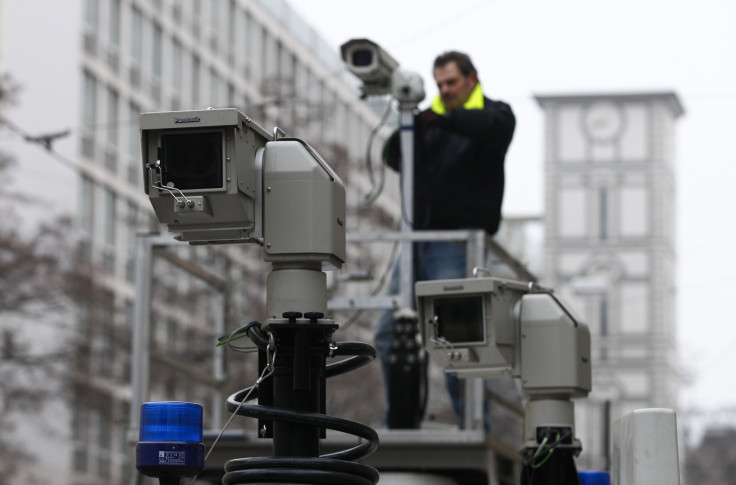US Surveillance Requests Increased 250% In 5 Years, Google Transparency Report Shows

Governments worldwide continue to force Google to turn over more information on users who frequent Gmail, YouTube and other popular services, the company revealed in its latest transparency report. The numbers, released Monday, come as part of Google’s tenth transparency report and show increasing demands for information by governments over time.
Google Inc. (NASDAQ:GOOGL) said it received approximately 32,000 data requests from around the world over the first half of 2014, 15 percent more than the latter half of 2013 and 150 percent more than the company received when it started publishing transparency reports in 2009. Google, which complied with data requests in 65 percent of the cases, publishes the reports in an attempt to show “how laws and policies affect Internet users and the flow of information online.”
Requests come in all sizes, from local police forces in the U.S. investigating crimes to foreign governments working to increase domestic surveillance. Such widely scattered countries as the Dominican Republic, Egypt, Albania, Indonesia, Kosovo, Luxembourg, Maldives, Nepal and Namibia have each requested user data for the first time. U.S. officials still account for 40 percent of all requests.
Local, state and federal agencies increasingly rely on the contents of online communications to investigate a suspect’s activity as well as, in many cases, a murder victim’s final days. U.S. search warrants, wiretap communications, emergency orders, subpoenas, phone records and “other” are categorized in the current report.
“This increase in government demands comes against a backdrop of ongoing revelations about government surveillance programs,” Richard Salgado, Google’s legal director for law enforcement and information security, wrote in a blog post accompanying the report. “Despite these revelations, we have seen some countries expand their surveillance authorities in an attempt to reach service providers outside their borders.”
Salgado previously supported U.S. Senate efforts to curb National Security Agency surveillance programs but noted in the blog post that government agencies have a legitimate and important role in fighting crime and investigating national security threats. "Those investigators must maintain transparency to keep the public’s trust," he said.
Previous transparency reports have put Google at the center of negative publicity in the past, although privacy advocates have praised the company for being one of the relatively few major technology companies to be open in providing such information.
“If police have a valid court order, Google doesn’t have many options,” Christopher Soghoian, a privacy researcher at the American Civil Liberties Union, previously told Forbes. “They’re the only ones that provide these numbers. Everyone else is cowering in the shadows. Companies don’t want their customers to know they’re handing over their data.”
© Copyright IBTimes 2024. All rights reserved.











